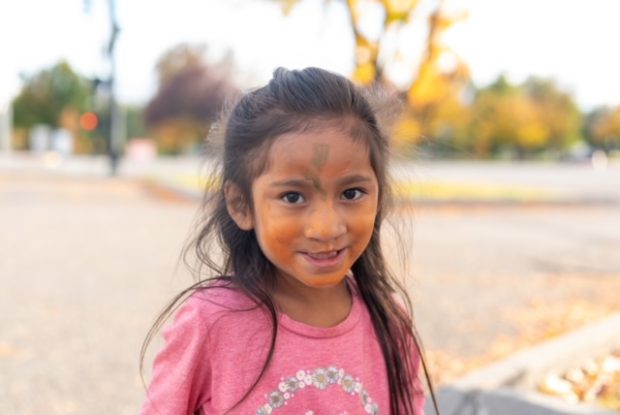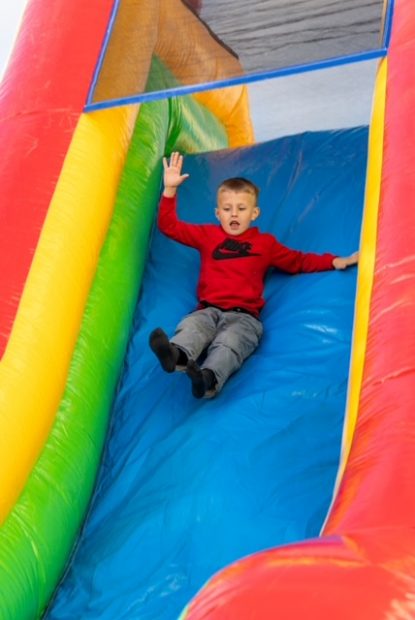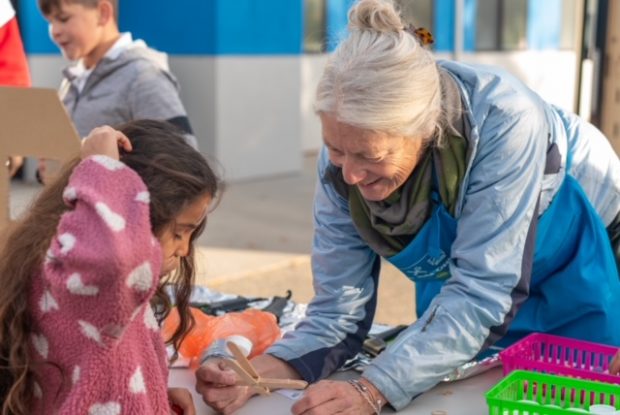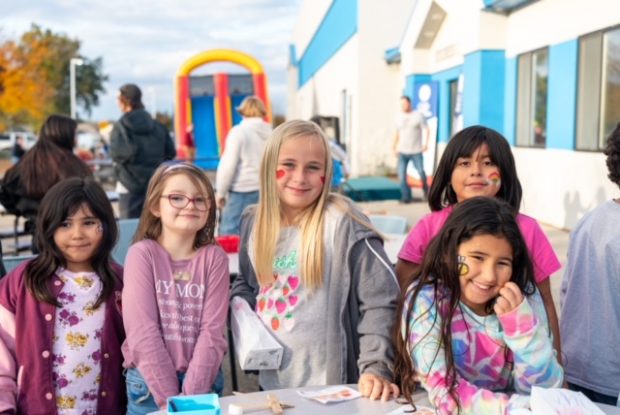Families from Nampa and the surrounding areas celebrated afterschool programs last month at a carnival-themed event in honor of “Lights on Afterschool,” a national October awareness campaign observed annually by over 1 million Americans.
The State Department of Education (SDE) spearheaded the event in conjunction with the Boys and Girls Club of Canyon County, Treasure Valley YMCA and Idaho Out-of-School Network. The 177 student attendees, family members and prominent community leaders participated in fun activities like taking pictures in photo booths, face painting, dancing, and creating air cannons, rubber band guitars and catapults.

State superintendent Debbie Critchfield attended the event and reminded Idahoans in a speech that thanks to 21st Century Community Learning Center Programs, 6,700 Idaho students per year benefit from free out-of-school care. Run by the SDE, this program receives over $6 million federal dollars annually as part of Title IV, Part B to provide grants to organizations participating in out-of-school care. This out-of-school care can include programs before and after school and on weekends as well. According to program coordinator Sheena Strickler, events like “Lights on Afterschool” help students who participate in afterschool activities realize they are part of a larger community, that “there are students doing the same thing across the state and across the nation.”
Usually out-of-school programs would require funding from participants; however, school districts and community organizations can apply for 21st Century Grants to provide free out-of-school services to certain groups, including families who need extra academic or economic support throughout Idaho. For example, one elementary school in Idaho received a grant for all the students in its boundaries (including homeschooled and private school students) to get free out- of-school services from their partner, the Boys and Girls Club of Canyon County. There were 46 subgrantees this year.
Keisha Hernandez, a senior in high school who has participated in afterschool programs for many years, related her gratitude for these programs. “Equality is something so meaningful to me. And it’s something after school programs [promote]. You become part of not only an organization, but a family.” 21st Century Program specialist Christian Brown who has worked with these programs for over 16 years said, “[The students] feel a sense of belonging, and it’s a safe place that they can be every day…they just don’t want to leave because it’s so important to them. You see these kids down the road years later, and they still talk about everything that they did….and learned and the impact it had.”
Those working in the programs see gratitude from parents as well. Strickler exclaimed, “I can’t tell you how many times parents would come up just in tears that their kids made some kind of breakthrough, being kind to their brother or sister or helping out or leading or just feeling confident to go to school, to do math. And so, that’s what keeps me going…being able to support the whole family, not just the student.”

Strickler emphasized that many more students could benefit from 21st Century programs; for every five applications submitted, only two can be funded because of budget limitations. Michelle Clement Taylor, director for school choice and student engagement for SDE reaffirmed this, explaining that often the alternative to out-of-school care is students staying home alone rather than having outside educational and social experiences.
According to available data from the SDE, students participating in these programs show improvement in many areas including growth in reading assessments, grades, GPA, behavior and attendance. Over 90% of students showed an increased engagement with learning after attending their program.

Strickler applauded the amazing work done by directors and employees of community organizations like Boys and Girls Clubs, who “truly want the best for their students, parents, families and communities.” “You can have funding,” she explained, “but if you don’t have the dedicated, passionate professionals in these kiddos’ lives, none of that funding is going to make a difference. So, it’s really our programs and directors that make that difference.” Strickler and her team hope to continue holding events like this carnival to bring awareness to out-of-school activities.
